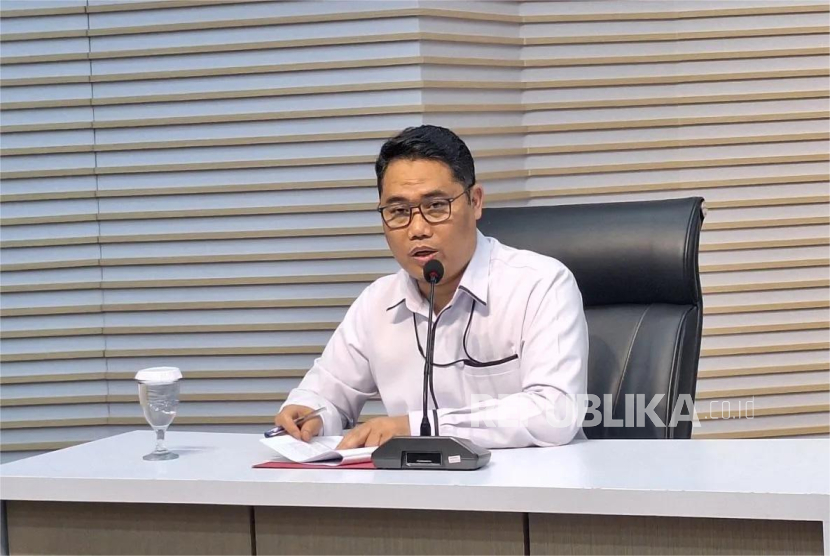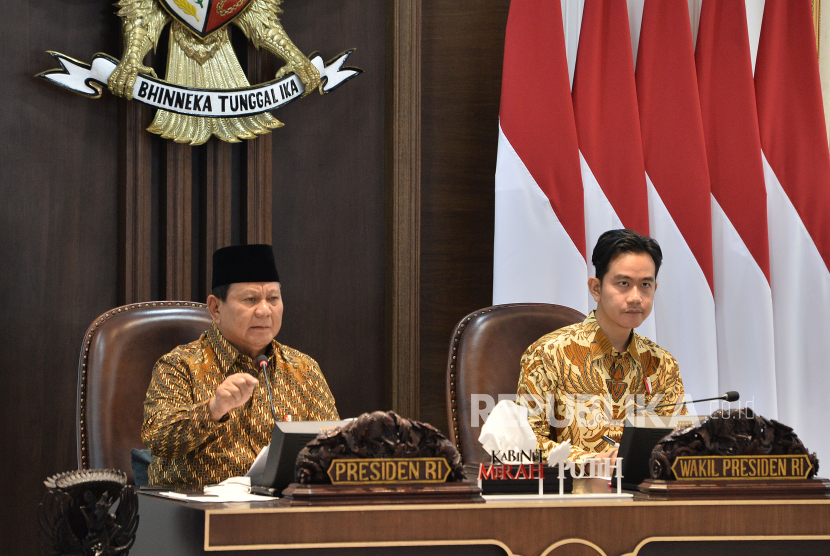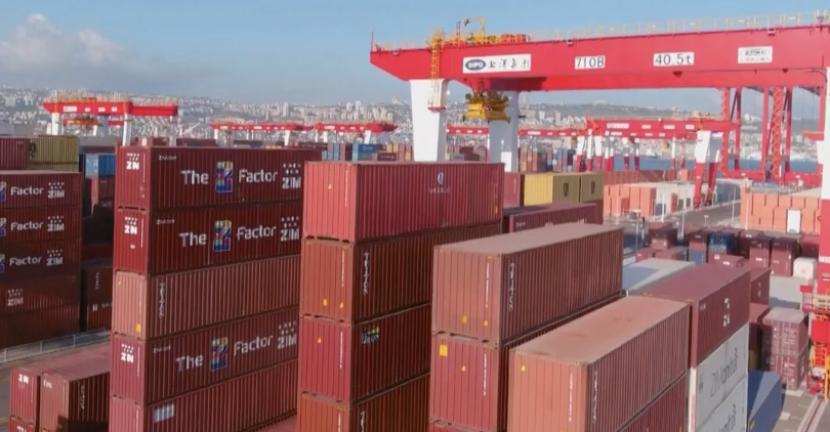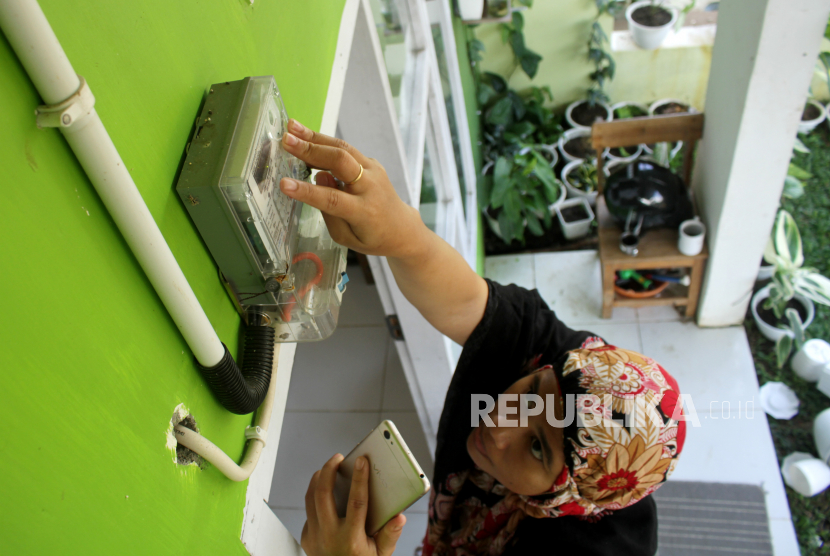REPUBLIKA.CO.ID, By: Dolly Priatna, Environmental Observer; Graduate School of Environmental Management, Pakuan University; Belantara Foundation
Over the past decade, 86% of global energy consumption has come from fossil fuels, causing significant environmental impacts such as increased greenhouse gas emissions and climate change. The business-as-usual (BAU) scenario predicts that fossil fuel use will remain around 65-70% in 2050, with coal use decreasing slowly in developed countries. Fuel oil use remains high due to transportation and petrochemicals, while natural gas is increasing as a transition fuel. The renewable energy sector is growing, but it is not fast enough to replace fossil fuels. This leads to increased global CO₂ emissions, potentially leading to global warming exceeding 2.5-3°C by 2100, worsening extreme weather events and sea level rise, and deepening inequality in vulnerable countries.
Earth Day, an annual global event, is celebrated on April 22 to raise awareness and inspire action to protect the environment. The theme "Our Power, Our Planet" emphasizes the critical role of clean energy and collective human action in protecting the planet. As the world approaches major climate deadlines, it is crucial to unite efforts towards building a healthier, safer, and more sustainable future.
To effectively reduce global CO₂ emissions, the clean energy transition must involve collaboration from governments, businesses, communities, and individuals. Governments must establish strong policies, invest in renewable energy, and end fossil fuel subsidies. Businesses must transition to clean energy, adopt sustainable practices, and support green technologies. Individuals can contribute by reducing personal energy use, using public transport, choosing renewable energy options, and advocating for climate action.
Understanding the Earth Day 2025 Theme: “Our Power, Our Planet”
Earth Day 2025's theme, "Our Power, Our Planet," encourages individuals and communities to use their collective power to address the global climate crisis. This includes technological power, which involves the development of sustainable energy solutions like solar panels, wind turbines, electric vehicles, and energy storage systems, and political power, which involves the ability of governments, institutions, and citizens to shape policies that protect the environment.
Clean energy is crucial for addressing environmental degradation and promoting sustainable development. Transitioning to clean energy sources is essential to mitigate climate change and protect public health. Clean energy sources produce minimal emissions, significantly reducing air and water pollution, and can reverse biodiversity loss. Additionally, clean energy benefits health by preventing thousands of human deaths each year from air pollution and reducing competition for water resources.
The global movement to transition from fossil fuels to clean energy is not solely driven by governments and industry. Individuals can contribute by making more sustainable choices in their daily lives, such as using energy-efficient appliances, reducing car trips, installing rooftop solar panels, and supporting green energy providers. Communities can also amplify these efforts by initiating local clean energy projects, raising awareness, and advocating for clean energy policies.
Both individuals and communities can influence the broader system through community engagement, electing climate-focused leaders, participating in environmental campaigns, and pressuring companies and policymakers to act responsibly. They are the foundation of a community-driven clean energy revolution, creating demand, building resilience, and inspiring systemic change.

 3 months ago
47
3 months ago
47














































